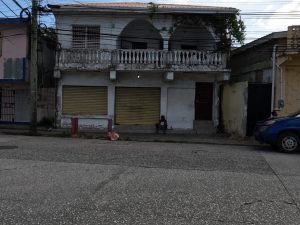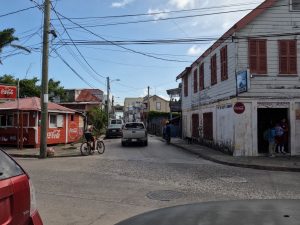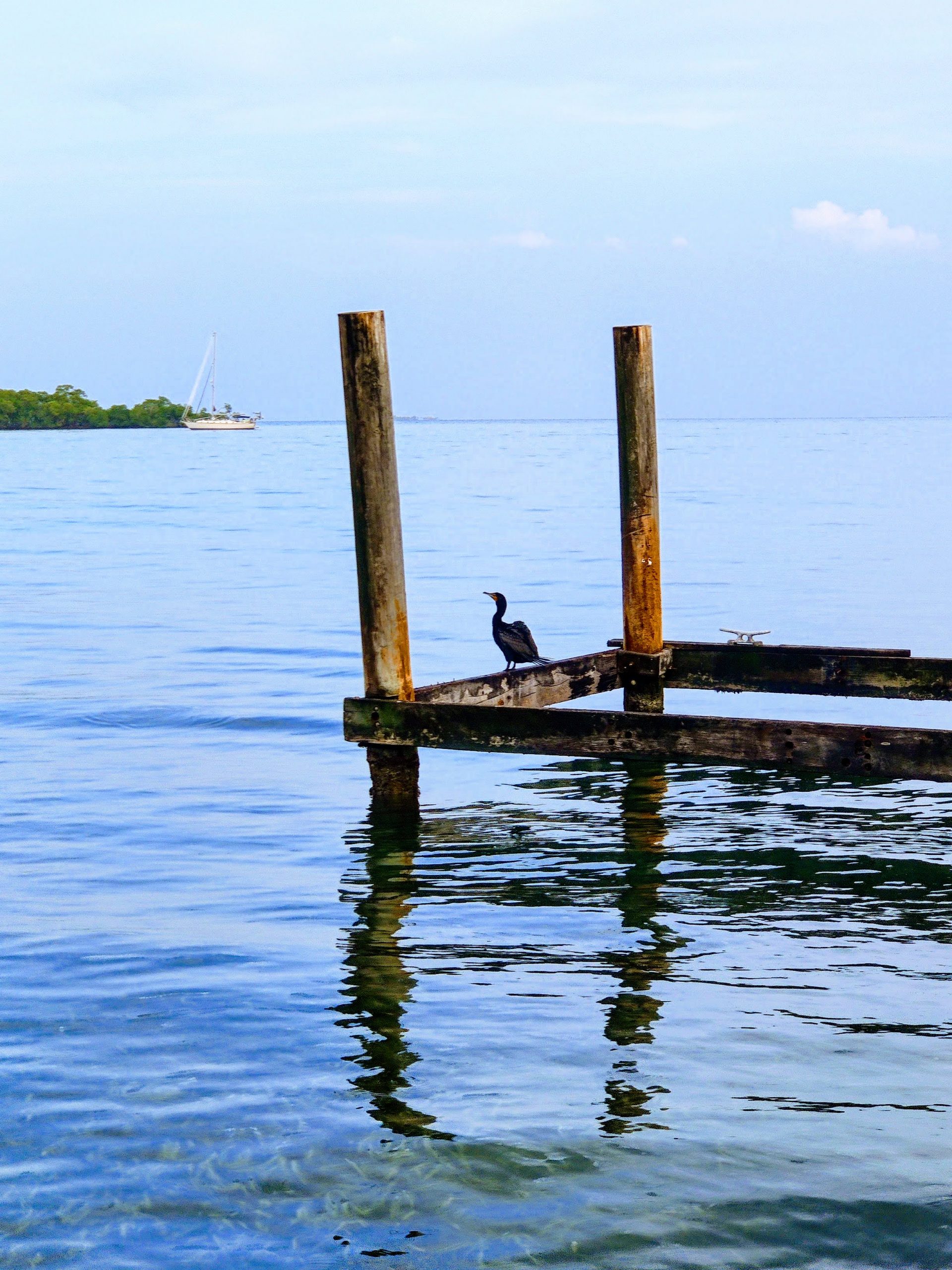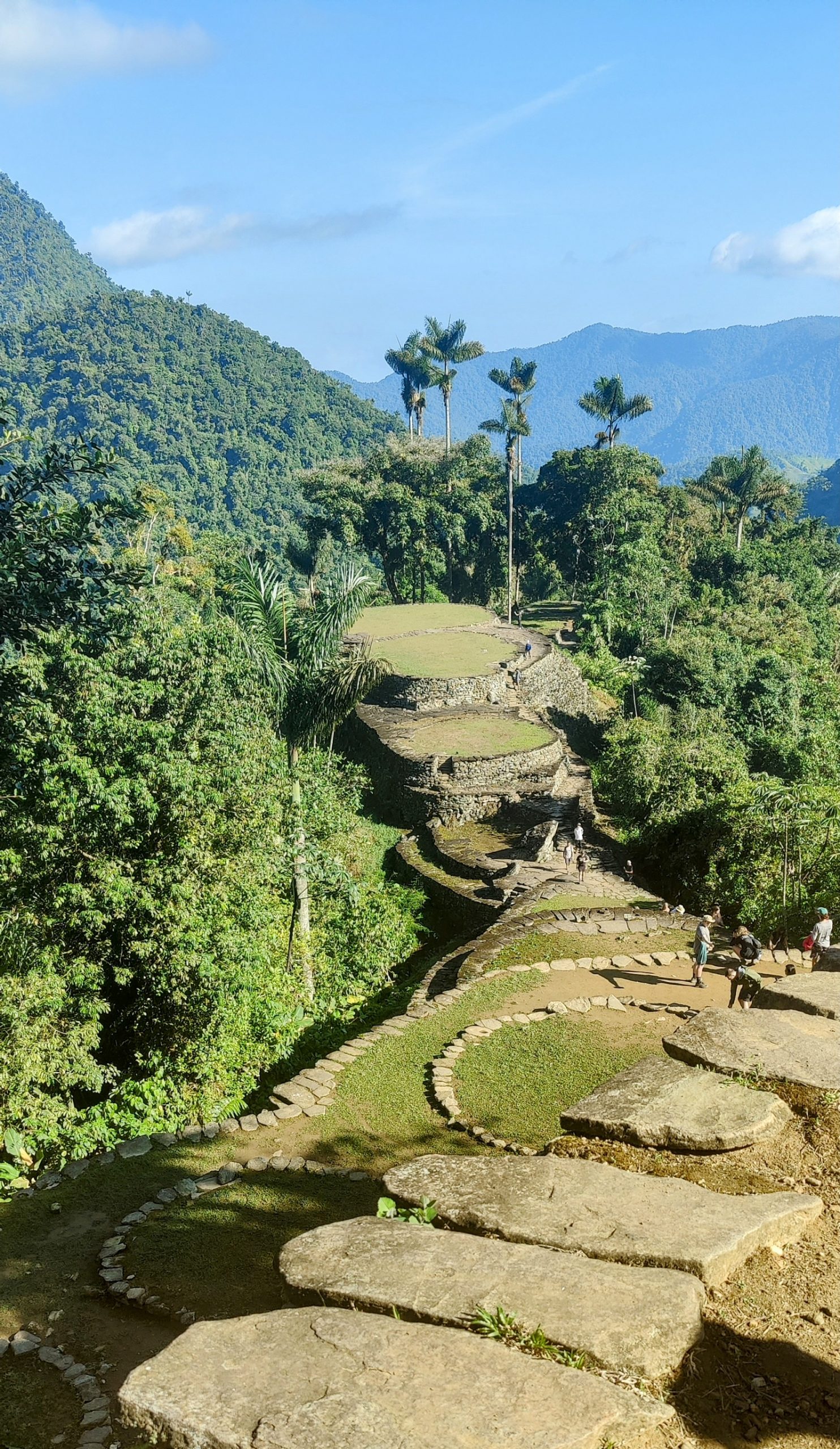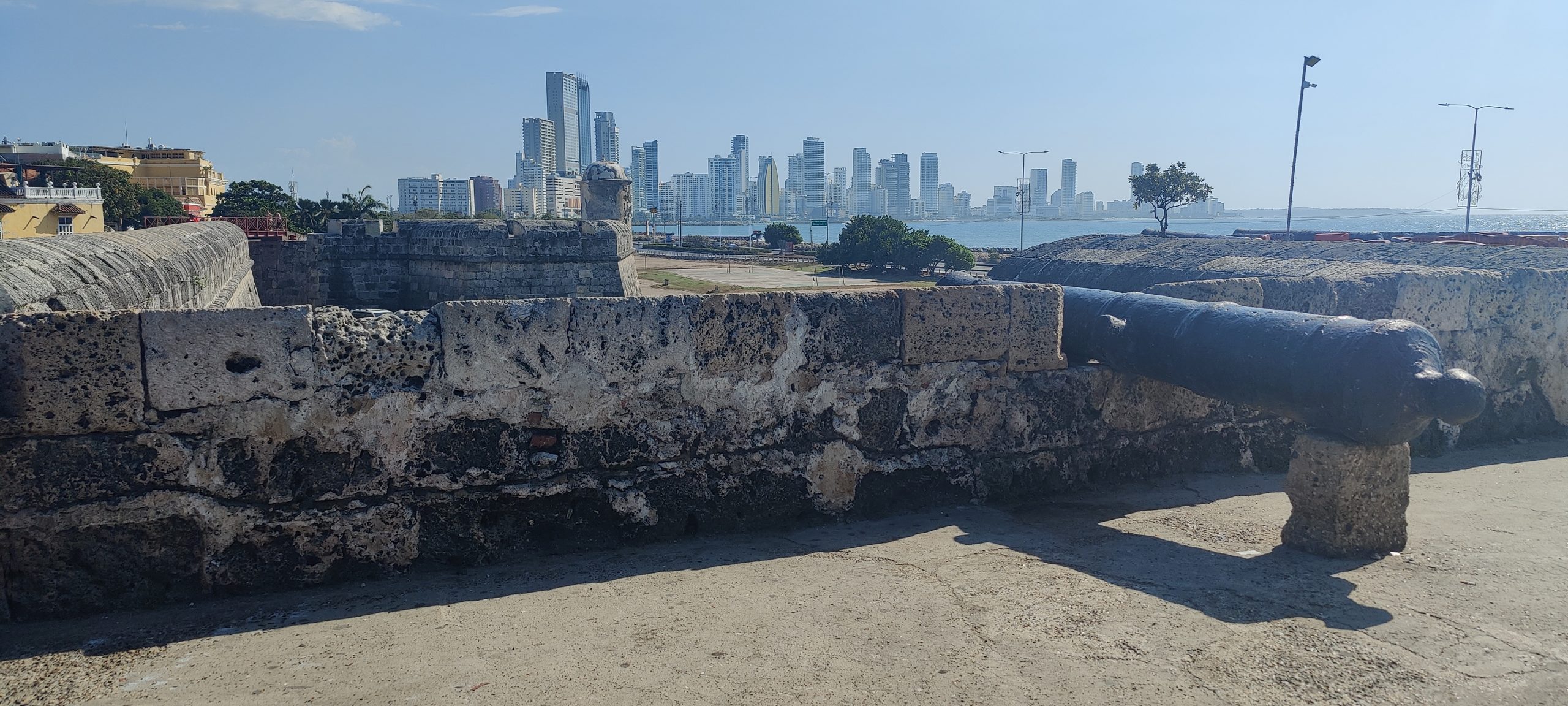Our journey took an unforeseen turn when Martin’s persistent kidney stone issues escalated. With blood in his urine and fatigue, he attempted to find medical assistance in Mexico. However, language barriers hindered effective communication, leading us to postpone medical attention until we reached an English-speaking country.
Medical Discovery
Upon reaching Belize, medical tests unveiled a 7.5 mm kidney stone lodged in a precarious position. Surgical removal through telescopic surgery was deemed necessary, a relatively minor procedure although it required general anesthesia. At the initial appointment, Martin had spoken with the medical professionals and assessed the clinic’s facilities, but the prospect of undergoing surgery in an unfamiliar healthcare system still triggered our nerves.
Preparation
The day of surgery demanded a four-hour advance arrival. During the wait, we were briefed about the procedure and introduced to the medical team. Consent forms outlined potential complications, including severe ones like bleeding and mortality, evoking even more discomfort.
The atmosphere within the clinic was markedly different from what one might expect in an operating ward, with nurses sharing lighthearted banter and even the surgeon engaging in friendly gestures like a high five. While waiting, we noticed the lack of cleanliness in the room. Several things were not functioning in the room such as remote for the TV and the airconditioning in the room. One staff member came in to fix the remote. After changing the batteries and realizing it wasn’t the problem, he simply gave up and left. Although the bed was rollable, the entrance to the room was made too narrow by a sofa making it impossible to roll the bed in and out. Eventually we were granted a new room with a functioning tv and aircondition. All the time we were there, a trolley with cleaning equipment was parked in the hallway as if it didn’t have any other place designated.
While the clinic appeared adequate, it didn’t seem to match the standards of Danish hospitals. Yet, Martin’s determination to swiftly overcome this obstacle outweighed any concerns. He just wanted to get it done and move on to the next part of his adventure.
The Surgery
Martin was taken to the operating room, leaving me with four very long hours of anticipation. The procedure unfolded as planned, and he emerged intact from surgery. However, the unexpected chill that accompanied post-anesthesia shivering momentarily rattled me, as I associated it with complications as severe blood loss. The hospital staff took care of him and got him warm. They checked the vitals periodically and ensured his stability throughout the night.
As goes for the hospital food, he was served first soup at night time and then oatmeal in the morning, both of which are his least favorite dishes. The oatmeal was cooked on water, evoking a childhood trauma of his, where he was told to eat oatmeal at a scouts camp even though he had refused to begin with, resulting in vomiting. Let’s just say he was not impressed with the recovery food.
The following day, he got up, used the restroom and took a shower. Another differ from the danish healthcare system was the lack of information of what to expect after the surgery. Martin was not warned of the excruciating pain he would feel when using the restroom. Surprised by the pain, his legs almost collapsed underneath him. Later the surgeon told that it was due to the stent he had set in and had to keep in 21 days. The pain was not going away. He had to learn to deal with it.
Later same day, Martin was discharged, supplied with antibiotics and painkillers. We took a cab and got back to our children on the boat.
Recovery’s Challenges
Martin’s recuperation proved to be more arduous than anticipated, accompanied by considerable pain. To facilitate his healing, we opted to rent an apartment for initial days, ensuring a little more comfortable environment with air conditioning, easy bathroom access, and avoidance of the boat’s steps and stairs.
Exploring Belize
Our location in Old Belize provided a unique perspective on the region. The marina’s surroundings lacked significant attractions, featuring a small artificial beach tailored for cruise tourists. However, the locals at the marina revealed a complex situation marked by high criminal activity and drug-related issues. Reports of corruption within the government intertwined with this atmosphere, generating speculation of a connection.
The marina had a setting dominated by local fishing vessels and ferries. Besides the docks, small wooden houses stood, designed to accommodate the marina staff, perched atop stilts, averting flooding during the wet season. The houses exuded an air of charm, reminiscent of playhouses, though they served as full-fledged homes for families with children.
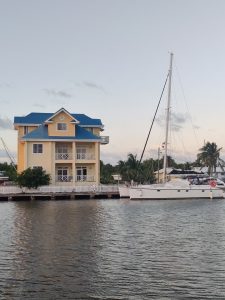
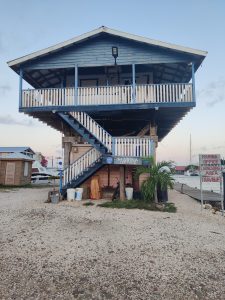
Navigating Daily Life
Trips into the city required strategic planning, relying on taxis for transportation while prioritizing safety. The city’s environment featured a mix of persistent beggars, noticeable police presence, and an urban landscape strangely deserted. By the coastline was constructed a huge promenade and associated park, probably meant to attract tourism, all dilapidated and deserted.
During Martin’s period of vulnerability, Elliott emerged as an invaluable pillar of support. His ability to manage household tasks, cooking, and groceries under diverse circumstances really showed how much he has grown and matured throughout the past year.
